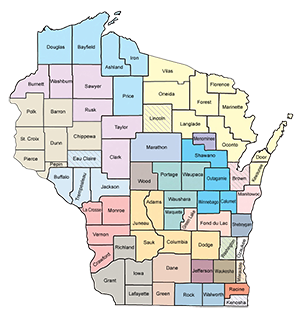Science has proven that supporting our youngest children with high quality early learning programs is critical to breaking the cycle of generational poverty, and giving that child the tools needed for school and life success. The economic returns of Head Start programs providing services in our local communities is a win-win for both the families we serve and the nation as a whole.
Children in Head Start have made greater gains in literacy and exhibited less anger and fewer aggressive behaviors than their counterparts without access to our programs and services.
Every year, we also serve thousands of children with disabilities, working with kids suffering from language and development issues, autism, emotional disturbances and health impairments.
Thousands of families rely on our programs for both immediate needs, such as food, clothing and shelter, as well as longer-term housing assistance, offering aid via subsidies, utilities, repairs, etc.
Who is the Head Start parent?
Not every child or family is eligible to participate in a Head Start program. To be eligible, a family must be:
- Living in poverty (as defined by the federal income poverty guidelines)
- Be raising a child, or children, under the age of six
We have found that some Head Start parents are often some combination of:
- Pregnant
- Homeless
- Dealing with an incarcerated parent or guardian
- Raising a child with special needs
- Dealng with an Individual Education Plan (IEP)
- Dealing with an Individual Family Services Plan (IFSP)
- Raising foster children with high risk factors
- Or they are a parent with a disability and/or possess a disabling condition
Federal Income Guidelines 2017
Family Size Max Income
1 $12,060
2 $16,240
3 $20,420
4 $24,600

